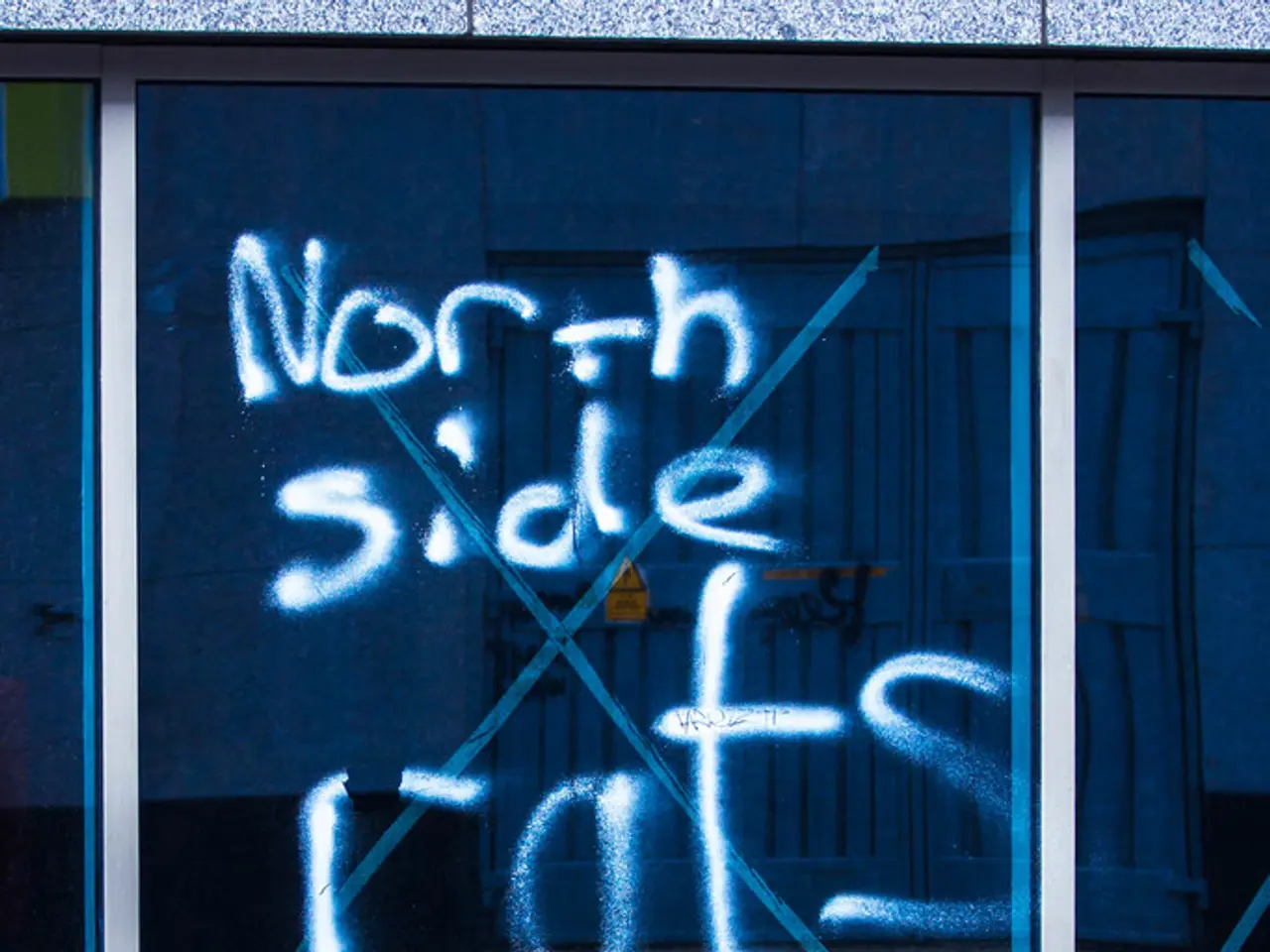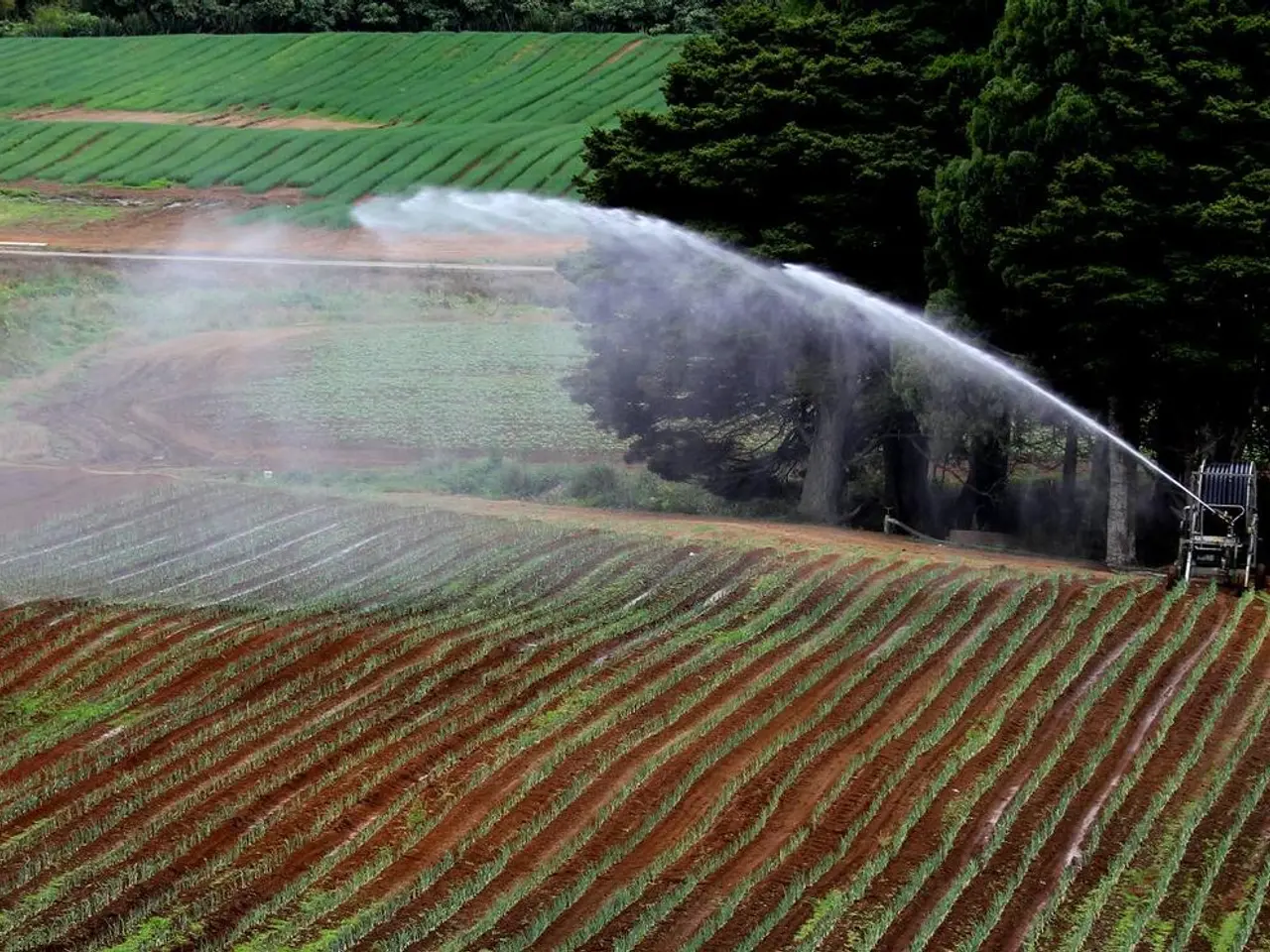Temporary Border Checks Instigated by Poland at the German Border - Temporary Border Controls Implemented by Poland at the German Border
Poland has reinstated temporary border controls at its shared border with Germany, effective from July 7, 2025, in response to a surge in illegal migrant crossings and tensions arising from Germany's earlier imposition of controls and migrant pushbacks toward Poland.
The border controls, part of emergency measures allowed within the Schengen Area under exceptional circumstances such as security threats or migration crises, will be in place at 52 crossings and will focus on buses, minibuses, cars with many passengers, and vehicles with tinted windows.
The move has raised concerns among business associations and politicians, who fear the disruption to freedom of movement and the negative impact on cross-border trade and transport. BGA President Dirk Jandura expressed concern about border closures creating new problems for supply chains, employees, and Europe’s economic cohesion.
The controls are likely to slow down traffic flow for vehicles, goods, and commuters crossing the border, adding time and cost to supply chains and daily commuting for workers. Companies involved in cross-border logistics, retail, and services may experience reduced efficiency and higher operational costs as border delays increase. Small local businesses near border crossings that depend on frequent cross-border customer flow could also see reduced activity.
Polish Prime Minister Donald Tusk acknowledged the impact on freedom of movement but considered the controls essential under current circumstances. The aim is to "limit the uncontrolled flow of migrants back and forth." However, Jandura states that Europe must not become a patchwork of sealed borders, and border controls should not be used as a political tool.
The police union (GdP) calls for close coordination between Poland and Germany with clear agreements, while GdP federal police chief Andreas Roßkopf warns of a potential "ping-pong game" of rejected asylum seekers and the increased workload for the federal police. Roßkopf also emphasizes the need for clear commitments about when and why people can be refused entry, to be agreed upon with neighboring countries.
Melnikov proposes "pragmatic agreements" such as permits for commuters or separate lanes for freight traffic, while Roßkopf expresses concern that people could become "pawns" of politics if rejected asylum seekers are subject to back-and-forth rejections.
The controls are temporary and subject to renewal depending on the situation. Poland has indicated willingness to lift the controls if Germany also lifts its border measures, hinting at a political dimension where cooperation could restore normal cross-border movement.
The temporary border controls in Poland, including community policy and employment policy changes, have raised alarms in the business sector and politics, as they may disrupt freedom of movement, negatively impact cross-border trade and transport, and increase operational costs for companies. simultaneously, both the police union (GdP) and BGA President Dirk Jandura emphasize the need for close coordination between Poland and Germany, clear agreements, and avoiding using border controls as a political tool to prevent Europe from becoming a fractured region of sealed borders.







